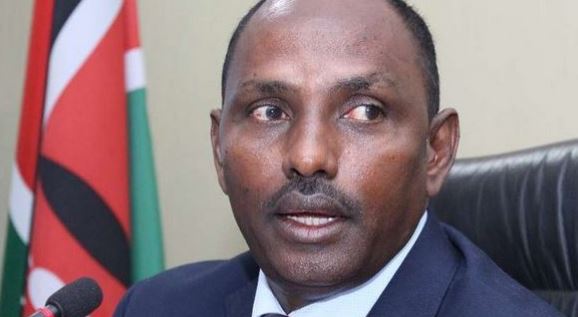×
The Standard e-Paper
Home To Bold Columnists

The Civil Society Organisations now want The National Treasury to re-open the development of the proposed debt policy and management framework for meaningful public participation.
Wanjiru Gikonyo Executive Director, the Institute for Social Accountability noted that the policy does not represent citizen views as enshrined in Constitution Article 10 and 201 and the Public Financial Management Act of 2012.